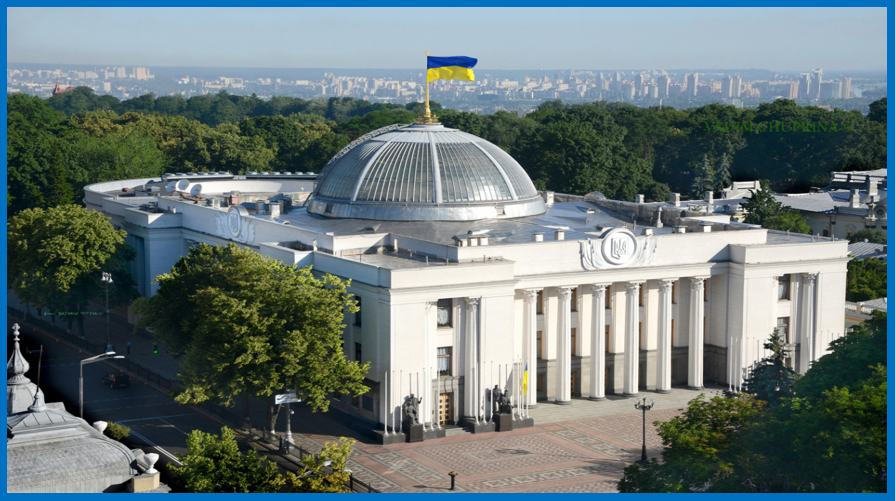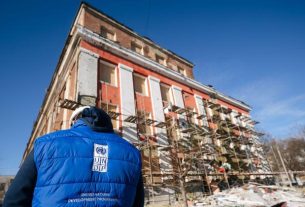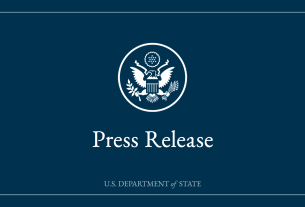Kyiv, 1 August 2025 — Ukraine’s parliament has passed new legislation restoring the independence of the country’s key anti-corruption bodies, reversing a controversial law enacted just days earlier that placed those agencies under the direct authority of the Prosecutor General.
In a resounding vote, all 331 members of the Verkhovna Rada supported the bill, which reestablishes autonomy for the National Anti-Corruption Bureau of Ukraine (NABU) and the Specialized Anti-Corruption Prosecutor’s Office (SAPO)—agencies formed in 2015 after the Euromaidan uprising to combat high-level corruption.
President Volodymyr Zelenskyy signed the bill into law the same day, with its immediate publication in Holos Ukrainy making it effective on Friday, 2 August. The reversal came amid intense public outcry and international pressure following the passage of Law No. 4555-IX, which took effect on 22 July and granted sweeping oversight powers to the Prosecutor General, including case reassignment and directive authority over NABU and SAPO.
Mass protests erupted across Ukraine—in Kyiv, Lviv, Odesa, and Dnipro—with citizens and civil society groups accusing the law of jeopardizing judicial independence and undermining Ukraine’s progress toward European Union (EU) accession and reform benchmarks.
Just days after defending the earlier legislation, President Zelenskyy shifted position in response to domestic unrest and Western condemnation. EU officials welcomed the reversal, with EU Enlargement Commissioner Marta Kos stating that the Rada had “corrected last week’s damaging vote,” emphasizing that “upholding fundamental values and fighting corruption must remain the priority.”
Foreign Minister Andrii Saybiha reaffirmed Ukraine’s reform commitments, and Presidential Chief of Staff Andriy Yermak declared the decision a victory for democratic values.
With NABU and SAPO’s independence reinstated, Ukraine seeks to reaffirm its dedication to transparent governance and maintain vital international support as it continues its path toward EU and NATO integration.
Picture on jurist.org from WikiMedia (ВАДИМ ЧУПРИНА)



